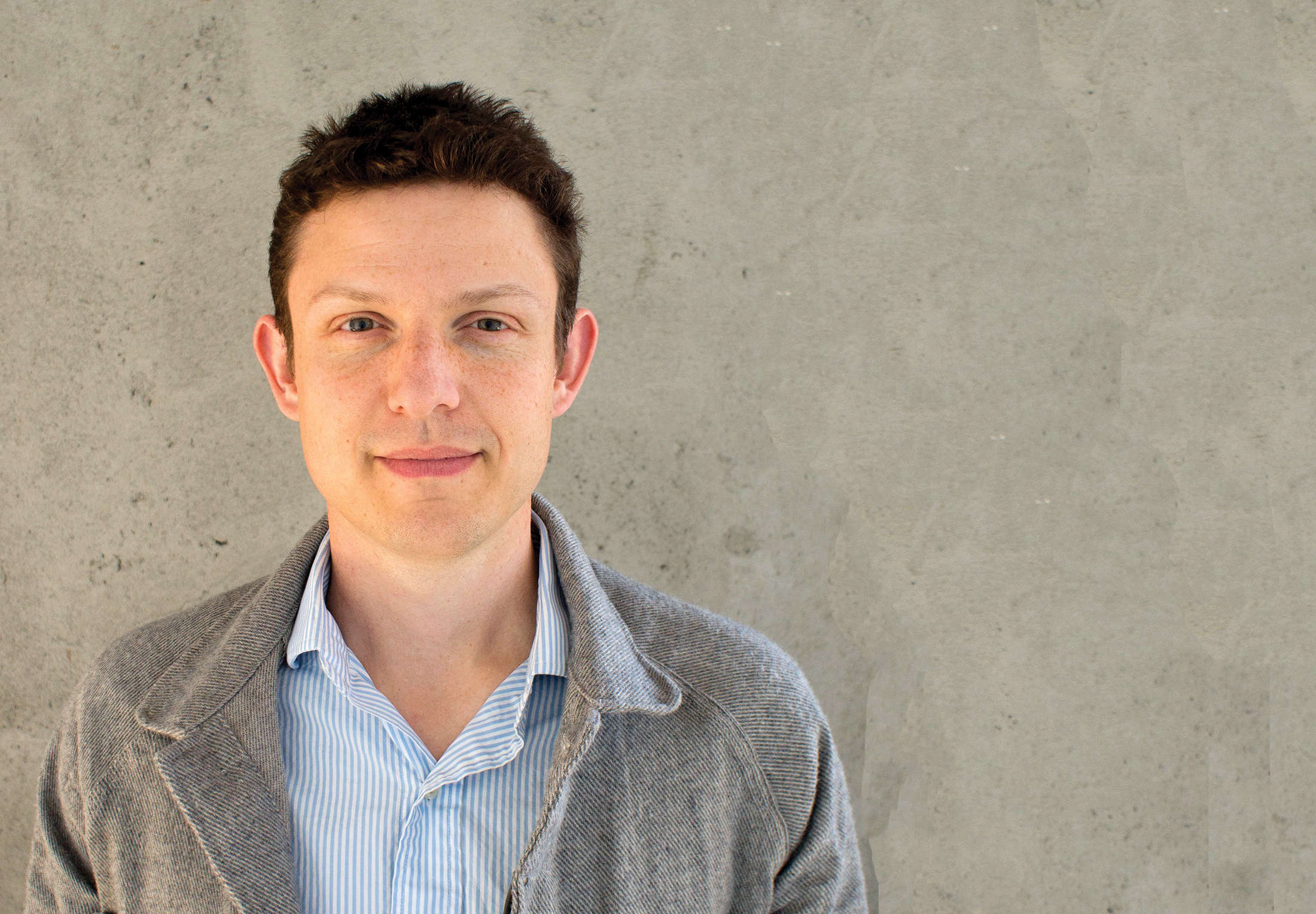In Nature, Oppenheim ’02 Outlines the Importance of Creating an Intergovernmental Panel on Pandemic Risk


Political scientist Ben Oppenheim ’02 thinks it’s only a matter of time.
“There’s this idea circulating that pandemics are a ‘once in a century’ problem because the 1918 flu happened about a century before COVID-19. But that’s just a random quirk,” Oppenheim said. “The next one could be next week. Or next month.”
A College of Social Studies major at Wesleyan, Oppenheim is currently vice president of product, policy, and partnerships at Metabiota, a business providing data-driven insights to help organizations manage infectious disease risk. Through epidemiological modeling, Oppenheim and his colleagues are able to estimate the frequency and severity of pandemics like COVID-19, and the numbers, he said, “are worrisome.”
“The best evidence we have suggests that COVID is not a once in a century phenomenon, but more like a 30-year event. That doesn’t mean we’ll experience a pandemic like COVID every 30 years, but that every year we have roughly a 3% chance of a pandemic as deadly as this (or worse) occurring. Over the next 25 years, it’s about a 50% probability of experiencing a pandemic on this scale—basically a coin flip,” he said. “There is of course some uncertainty in that estimate, but the crucial thing is that it isn’t carved in stone.”
(Oppenheim recently presented these estimates at the Center for Global Development. Watch the video here.)
There are factors that increase epidemic risk, Oppenheim explained, such as deforestation and the wildlife trade.
“We can reduce or mitigate those drivers,” he said. “We need to be ready for the next pandemic, but we can also work to reduce the risk of it occurring.”
And for this reason, Oppenheim firmly believes a sustained program to build knowledge on pandemic risk, akin to the role of the Intergovernmental Panel on Climate Change (IPCC) in systematically assessing scientific research on climate change, is crucially needed.
In a recent Nature Medicine article titled “The world needs an intergovernmental panel on pandemic risk,” Oppenheim, along with Kaysie Brown of the United Nations Foundation and Ron Waldman of the Milken Institute School of Public Health of George Washington University, offer four reasons that an IPCC is needed for pandemic risk—if the world is to be ready for the next crisis. This month, the G20’s high-level independent panel on Financing the Global Commons for Pandemic Preparedness and Response released a detailed report that included Oppenheim’s proposal (on page 44). They too included the IPCC idea as one of their recommendations.
“Climate change and pandemics are two of the great existential perils facing humanity,” Oppenheim explains. “While the Intergovernmental Panel on Climate Change (IPCC) is needed to clarify basic scientific questions on climate change, an intergovernmental panel on pandemic risk could help build scientific consensus on the drivers of pandemic risk and their change over time.”
- First, he says, the fundamental science on pandemic risk is evolving. While knowledge has advanced considerably, a pandemic panel could further explore the range of real and potentially pathogenic hazards, the probability of future pandemics, and effective response strategies.
- Second, pandemic risk itself is changing. Like climate change, pandemic risk is driven by human factors ranging from travel and trade to agricultural practices and deforestation, according to Oppenheim. “An intergovernmental panel could quantify the impacts of human activity on the drivers of pandemic risk, and report on trends.”
- Third, a standing scientific body could keep pandemic risk on the global agenda. “There is a tendency to think about the next pandemic as a problem for another generation. It is not,” Oppenheim says. He said that mutation could ignite an influenza pandemic next year, as could the spillover of another virus from animals to human beings.
- And lastly, Oppenheim believes an intergovernmental panel could help shield scientific assessment from political pressures. Since infectious diseases are easily politicized, countries that host reservoirs for zoonotic diseases rightly worry about the potential for stigma, or travel and trade restrictions, he said.
Oppenheim, who’s also a senior fellow and visiting scholar for New York University’s Center on International Cooperation and a commissioner on the Lancet-SIGHT Commission on peaceful societies through health and gender equality, hopes the general public will agree that an intergovernmental panel for pandemic preparedness is essential. Such an idea not only needs support from government, philanthropy, and businesses but from people reaching out to elected officials, professional associations, and business communities.
“Everyone has a stake in a more prepared world,” Oppenheim said.
Read More:
Oppenheim ’02 Urges Cooperation, Preparation for Pandemic Threats

